Taxes on Pre-Construction Condos (HST, Rebates)

Scrolling through those glossy pre-construction condo renderings? The rooftop terraces, floor-to-ceiling windows, that rush of “getting in early,” it’s intoxicating.
Then reality shows up.
HST. Three letters that can swing your closing costs by tens of thousands. Maybe more. And yes, I know, tax talk isn’t exactly thrilling. But here’s the thing: whether you’re a first-timer or building a rental portfolio, understanding Harmonized Sales Tax and its rebates isn’t optional. It’s the difference between a pleasant closing and a budget-destroying surprise.
2025 actually brought good news for once. Enhanced HST rebate proposals could save qualifying first-time buyers up to $130,000, a full refund of that 13% tax on homes under $1 million. In markets where affordability feels like folklore? That’s massive.
Signing a purchase agreement today for a condo closing in 2027? You need to know how these new rules apply to you. And what gotchas are hiding in the fine print (because there are always gotchas!).
Hi, I’m Jatin Gill. What follows is everything you need to know about taxes, HST, and rebate programs on pre-construction condos in Ontario, including those 2025 updates that could put serious money back in your pocket.
Read: Pre-Construction Condos 101: A Beginner’s Guide
What is HST & How HST on New Condos is Applied
Harmonized Sales Tax or HST. Technically, two taxes are smooshed together here: 5% federal GST (Goods and Services Tax) + 8% provincial PST (Provincial Sales Tax). Add them up. And you get 13% in Ontario, which, yeah, gets slapped onto most new or pre-construction condos.
Buying resale? You’re off the hook. HST doesn’t touch older properties. But new builds? It’s baked right in. The silver lining, most builders fold HST into their advertised prices already, minus whatever rebates they assume you’ll qualify for. So that $500,000 condo you’re eyeing? The price tag already accounts for tax credits the builder thinks you’ll get back.
Quick breakdown:
- Base price: $500,000
- HST (13%): $65,000
- Listed price: usually shows rebate deductions already factored in
Here’s where it gets messy, though. Don’t qualify for the rebate, maybe you’re renting it out, or you added a co-owner who doesn’t meet the criteria, and suddenly you’re on the hook for that HST gap at closing. Nobody wants that curveball, yet it’s shockingly common in pre-construction deals.
Now for the actually exciting part. 2025 brought enhanced rebate proposals from both federal and provincial governments that could wipe out the entire 13% HST for qualifying first-time buyers on homes up to $1 million (with a gradual phase-out reaching $1.5 million).
Translation? A first-timer buying that $500,000 condo could potentially pocket the full $65,000 rebate, transforming a massive closing expense into actual savings. It’s all part of a bigger push to make homeownership less impossible in markets like Toronto, Mississauga, and Ottawa.
But, crucial point here, timing is everything. These enhanced rebates are still proposed. Expected to pass? Sure. Officially law? Not yet.
Read: Step-by-Step Guide for First-Time Pre-Con Buyers
Preconstruction Condo HST Rebate Programs
Now that we’ve covered what HST is, let’s talk about how you can claw some of it back, legally and efficiently! Whether you’re planning to move into your new condo or rent it out as an investment, there are two main rebate programs designed to lighten the load:
- The GST/HST New Housing Rebate (NHR) – for those buying a home they (or a close relative) will actually live in.
- The New Residential Rental Property Rebate (NRRPR) – for investors purchasing new units to rent out long-term.
These programs can shave tens of thousands of dollars off your total costs, but each has its own fine print. Let’s break them down.
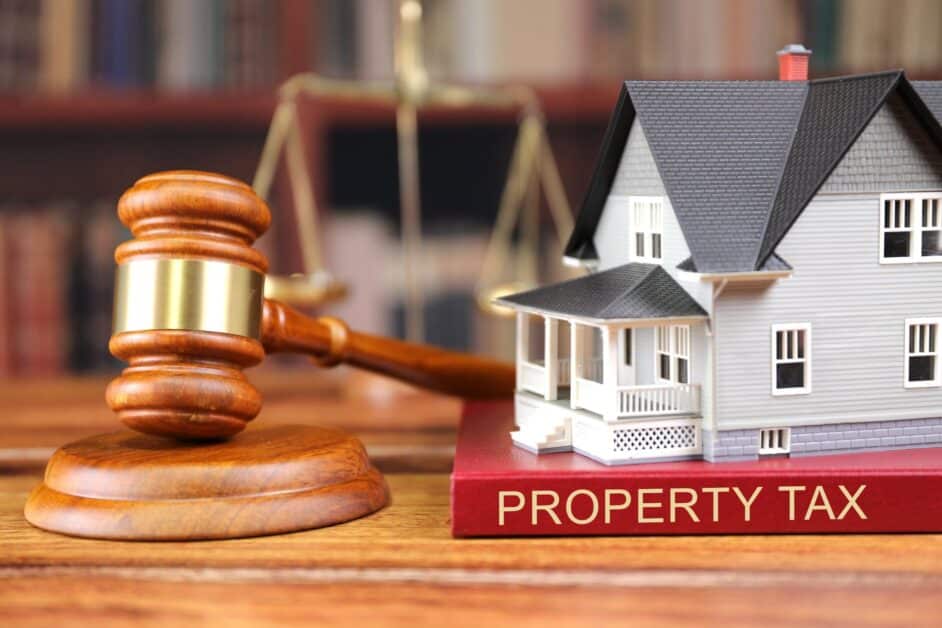
GST/HST New Housing Rebate (NHR)
Think of this one as the “owner’s advantage.” If you’re buying a new condo to live in as your primary residence, or a close relative (like your child or spouse) will, you’re likely eligible. It also covers homes purchased from a builder or those that have been substantially renovated, not just shiny new towers.
Eligibility
- The buyer (or a close relative) must intend to occupy the condo as their primary residence.
- Applies to new homes purchased directly from builders or significantly renovated properties.
- The occupancy intent is key; it doesn’t have to be a full 12 months, but the CRA expects a long-term, good-faith intention to live there.
Standard Rebate (Pre-2025 Rules)
Before the 2025 enhancements, here’s how the math worked:
- Federal portion: 36% of the 5% GST, up to $6,300 for homes priced ≤ $350,000. Phases out completely at $450,000.
- Provincial (Ontario) portion: 75% of the 8% PST, up to $24,000, available regardless of home price.
Example: For a $400,000 condo, the potential total rebate could reach $27,150, that’s $3,150 from the federal portion and $24,000 from Ontario’s rebate.
2025 Enhanced Rebates (First-Time Buyers): Here’s where the exciting news comes in. As part of the federal and provincial affordability measures, first-time home buyers could soon qualify for full HST rebates on new builds.
- Federal: Full 5% GST rebate on homes up to $1 million, phasing out to $1.5 million.
- Ontario: Full 8% PST rebate on the same range — up to $1 million, phasing out gradually to $1.5 million.
- Applies to purchases after May 26–27, 2025 (dates proposed).
So, if you’re buying a $500,000 condo and qualify under the first-time buyer criteria, your entire 13% HST ($65,000) could be rebated, essentially zeroing out the tax.
Of course, there’s paperwork involved. These rebates are usually assigned to the builder at closing, which is why many buyers never see the transaction directly. But if you’re handling it yourself, or your builder hasn’t applied the rebate, you can claim it through the CRA’s Form GST190, within two years of occupancy.
And yes, keep every document you can, closing statements, builder invoices, proof of residence, because the CRA does check.

New Residential Rental Property Rebate (NRRPR)
If you’re buying a pre-construction condo as an investment rather than a home, this is your lane. The NRRPR rebate helps offset the HST you’ll pay on closing, but only if you rent the unit out long-term (typically at least one year).
Eligibility
- The property must be intended as a long-term rental, not a short-term Airbnb setup.
- A signed lease agreement and evidence of ongoing tenancy are essential.
Rebate Amounts
The amounts are roughly the same as the standard housing rebate:
- Up to $6,300 on the federal side (for homes under $450,000).
- Up to $24,000 on the provincial side (Ontario), regardless of value.
While there’s talk of expanded incentives for purpose-built rentals, those don’t usually apply to single-unit condo investors (at least not yet).
Process
Here’s how it works in practice:
- Investors pay the full HST upfront at closing (yes, it stings!).
- Then they apply for the rebate through CRA Form GST524 after securing a tenant.
- You’ll need to provide the purchase agreement, closing statement, and lease as proof.
Processing time? Usually 6 – 8 weeks if your paperwork’s clean, though CRA reviews can stretch that timeline.
In short, whether you’re buying a condo to live in or to rent out, these rebate programs are the hidden levers that can make your pre-construction purchase far more affordable. The key is knowing which one applies to you, and making sure the paperwork lines up before closing day sneaks up on you.
Land Transfer Tax (LTT) on Pre-Construction Condos
Once you’ve navigated the HST side of things, the next major tax to plan for is the Land Transfer Tax (LTT), the fee that kicks in when ownership officially changes hands. For pre-construction buyers, that happens at final closing, when the condo is registered in your name.
What is It? LTT is a provincial tax based on your condo’s final purchase price (including HST). Think of it as Ontario’s version of a “welcome fee” to property ownership. And if you’re buying in Toronto, there’s a second layer, the Municipal Land Transfer Tax (MLTT), which mirrors the provincial rates and effectively doubles what you pay.
Ontario LTT Rates:
- 0.5% on the first $55,000
- 1.0% on $55,001–$250,000
- 1.5% on $250,001–$400,000
- 2.0% on $400,001–$2,000,000
- 2.5% over $2,000,000
Example:
For a $500,000 condo purchase:
- Ontario LTT = $6,475
If that same condo is in Toronto, you’ll pay an equal city tax:
- Toronto MLTT = $6,475
- Total: roughly $12,950 at final closing
Timing Reminder: Even though you might get your keys months before registration (during interim occupancy), you don’t technically own the condo until final closing, and that’s when the LTT bill is due.
Read: Buying Pre-Construction Condo in Ontario: Interim Occupancy vs Final Closing
2025 Update: Starting January 1, 2025, Toronto will also apply a 10% Municipal Non-Resident Speculation Tax (MNRST) on foreign buyers. This doesn’t affect Canadian citizens or permanent residents, but is worth noting for anyone purchasing from abroad.
Pro Tip: Many buyers underestimate how much cash they’ll need for closing. Between LTT, legal fees, and builder adjustments, you could be looking at $20,000 – $40,000 due upfront. Make sure your lawyer gives you a detailed Statement of Adjustments early; it’s better to overestimate than be caught off guard.
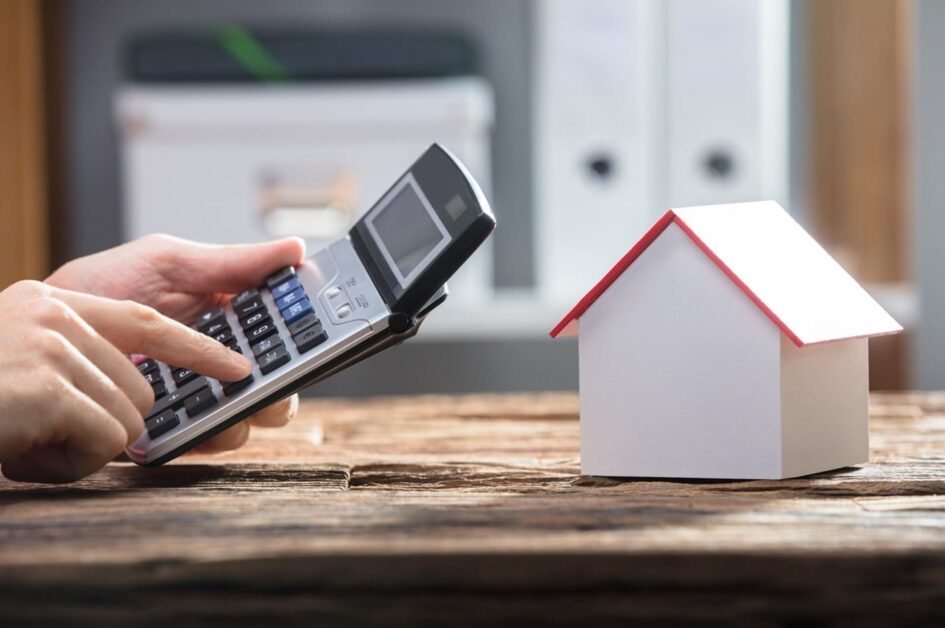
LTT Rebate Programs
Now, here’s some good news: Ontario doesn’t leave first-time home buyers completely out in the cold. If this is your very first step into homeownership, you could claw back a decent portion of your Land Transfer Tax through provincial and municipal rebate programs.
Ontario LTT Rebate
Who qualifies?
To be eligible, you need to:
- Be a first-time home buyer (you’ve never owned a home anywhere in the world).
- Be a Canadian citizen or permanent resident.
- Be at least 18 years old on the date of purchase.
- Plan to live in the condo as your primary residence within nine months of closing.
If that sounds like you, you can get up to $4,000 back from the Ontario Land Transfer Tax.
Example:
On a $500,000 condo, your LTT would normally be $6,475, but with the rebate, you’d pay only $2,475.
Toronto LTT Rebate
If your pre-construction condo is in Toronto, there’s another rebate waiting at the municipal level.
Eligibility: Same requirements as the provincial program — you must be a first-time buyer, a Canadian citizen or PR, and occupy the unit as your principal residence.
Rebate amount: Up to $4,475 off your Toronto Land Transfer Tax.
Example: That same $500,000 Toronto condo would normally come with about $12,950 in combined LTT (Ontario + Toronto). With both rebates, your total drops to roughly $4,475, a serious reduction at closing.
How It’s Claimed
Most lawyers handle the rebate right at closing, so you don’t have to pay the full amount upfront. But if you miss claiming it there, you still have options:
- Ontario rebate: claim within 4 years of closing.
- Toronto rebate: claim within 18 months of closing.
Your lawyer or real estate professional can guide you through the paperwork; it’s usually straightforward, but it must be backed up with proof of occupancy and identification.
Pro Tip: If you’re buying with a co-owner who isn’t a first-time buyer, your rebate could be reduced or even voided. Always confirm eligibility with your lawyer before signing the final documents; this one detail can make a several-thousand-dollar difference.
Read: Why You Need a Real Estate Lawyer for Your Property Purchase
Capital Gains Tax (for Investors)
Let’s shift gears for a moment, because not everyone buying a pre-construction condo plans to live in it. If you’re purchasing as an investor, one tax you’ll eventually encounter is Capital Gains Tax. It doesn’t show up at closing like HST or LTT, but it can have a big impact when you sell.
Read: Buying Pre-Construction for Investment vs Personal Use
What It Is
In simple terms, capital gains tax applies when you sell a property for more than you paid for it. It’s the federal government’s way of taxing your profit on investments, including real estate that isn’t your primary residence.
The key number here is the inclusion rate, the percentage of your profit that’s actually taxable. For 2025, it remains 50%, meaning half your gain is added to your income for that year and taxed at your personal marginal rate.
Example:
Say you bought a pre-construction condo for $500,000 and sold it later for $600,000. That’s a $100,000 profit.
- With a 50% inclusion rate, $50,000 gets added to your taxable income.
- If your marginal tax rate is, say, 40%, you’d owe around $20,000 in tax on that sale.
So, while you’re still making money, a chunk of your profit goes to the CRA, something worth factoring into your investment strategy early on.

Primary Residence Exception
If you live in the condo and declare it as your principal residence, you’re generally exempt from capital gains tax when you sell. That’s one reason many buyers choose to live in a unit for a short period before converting it to a rental or selling it later.
2025–2026 Update
There’s been a lot of talk about potential capital gains inclusion rate changes, but as of 2025, those adjustments are deferred until at least 2026. Investors should still keep an eye on budget announcements; tax policies can shift fast, and what’s true today might not hold by the time your condo’s ready for resale.
Pro Tip: Keep every record, purchase agreement, upgrades, legal fees, and realtor commissions. These expenses can be deducted from your profit when calculating your capital gain, reducing the amount you owe. And when in doubt, loop in an accountant who knows the real estate landscape; it’s money well spent.
Common Pitfalls and How to Avoid Them
Even seasoned buyers can stumble when it comes to taxes on a new build condo. Between rebate fine print, CRA deadlines, and shifting rules, it’s easy to make a costly mistake.
1. Misunderstanding “Primary Residence” Rules
To qualify for the New Housing Rebate, you (or a close relative) must actually live in the condo as your primary residence. Using it as a short-term rental or letting a friend stay temporarily doesn’t count.
Avoid it: Move in for at least a year and keep proof of occupancy, utility bills, ID updates, or insurance in your name.
2. Flipping Too Early
Selling your unit before or shortly after occupancy can trigger an HST rebate clawback or even CRA penalties. The government views this as a business transaction, not a home purchase.
Avoid it: Hold the property for at least a year before selling, or consult a tax professional to plan your timing strategically.
3. Adding Non-Qualifying Co-Owners
Including a friend or investor who won’t live in the property can void your rebate eligibility, even if your share qualifies.
Avoid it: Make sure all co-owners meet rebate criteria or structure ownership carefully under legal guidance.
4. Missing Documentation Deadlines
CRA rebate applications typically have a two-year window from the occupancy or closing date. Miss it, and you may lose thousands in refunds.
Avoid it: Mark your calendar early. Submit Form GST190 (owner-occupiers) or Form GST524 (investors) well before the cutoff.
5. Forgetting About Assignment Rules
If you assign your pre-construction unit before closing, it may count as a taxable sale. Many buyers are caught off guard when CRA reassesses them for HST.
Avoid it: Speak to a lawyer before signing any assignment agreement; the savings from a quick flip can vanish under tax obligations.
Read: How to Assign Your Pre-Construction Condo Contract
6. Ignoring the Fine Print in Your Builder Agreement
Some builders include the rebate in the purchase price and expect you to qualify automatically. If you don’t, they’ll charge the full HST back at closing.
Avoid it: Have your realtor or lawyer confirm whether HST and rebates are “included” or “extra” before signing.
Pro Tip: Treat rebates like a bonus, not a guarantee. Always confirm your eligibility upfront, and budget your purchase assuming you might not qualify. That way, any refund becomes a pleasant surprise rather than a financial lifeline.

Tips for Maximizing Your HST Rebate
The HST rebate can be a powerful tool to lower the true cost of your pre-construction condo, but only if you handle it strategically. These tips can help you hold onto every dollar you’re entitled to (and avoid the usual headaches along the way).
| Action | What to Do | Why It Matters |
| Get a Pre-Construction Savvy Realtor | Find an agent who actually understands builder contracts and HST fine print. | Your APS needs to clearly state if HST is included and who claims the rebate. |
| Read Everything Before Signing | Go through your Agreement of Purchase and Sale carefully. | Avoids nasty surprises about owner-occupier vs. investor qualification. |
| Keep Your Proof | Save utility bills, driver’s licence, lease agreements, anything showing occupancy. | CRA wants solid documentation, not promises. |
| File Right After Closing | Submit your HST rebate claim immediately. Don’t wait. | Processing takes 6–8 weeks. Missing deadlines? Even worse. |
| Hire Help for Complex Situations | Get a rebate consultant if you’re dealing with multiple properties or assignments. | Experts maximize your claim and keep you CRA-compliant. |
| Track 2025 Rule Changes | Stay current on government updates affecting HST rebates. | Rules shift, future rebates might change significantly. |
| Organize All Paperwork | Store receipts, agreements, and forms digitally AND physically. | Makes filing easier and saves you during audits. |
Pro Tip: Think of the rebate as part of your investment strategy, not just a tax break. When calculated correctly, it can boost your ROI or make the difference between a good deal and a great one.
Read: Understanding the Pre-Construction Agreement of Purchase and Sale
Bottom Line
Snagging a pre-construction condo goes way beyond checking off boxes for square footage or that rooftop pool everyone raves about. There’s a whole tax puzzle you need to piece together, and yes, HST plus Land Transfer Tax can make your eyes glaze over at first glance.
But here’s the thing: rebates exist for a reason. Most buyers? They end up shelling out way less than those initial numbers suggest.
Those 2025 updates everyone’s talking about could actually shake things up (assuming they get the green light). First-timers especially should be paying attention.
Now, real talk. Tax rules have this annoying habit of morphing right when you think you’ve cracked the code. What looks crystal clear today might flip by the time your unit’s actually finished and you’re picking up keys. That’s exactly why staying in the loop matters. We can help with that!
Planning to jump into the pre-construction market and want to squeeze every dollar out of your HST and LTT rebates? Reach out to us. We’ll walk you through the whole thing.
Jatin Gill, an esteemed authority in real estate writing, is celebrated globally for his unparalleled expertise. With over 20 years in the industry, he has authored more than 1,000 SEO-friendly articles covering every facet of real estate. Specializing in pre-construction projects, Jatin's extensive knowledge spans all real estate topics. His content is a go-to resource for anyone seeking comprehensive, insightful, and up-to-date information in the real estate market.
Learn MoreFAQs
The HST rebate helps reduce the 13% tax on new or substantially renovated homes. It’s split between a federal and provincial portion, with combined savings up to $30,000 depending on the property value and use.
You must intend to use the property as your primary residence or that of a close relative. Investors can still apply under the New Residential Rental Property Rebate (NRRPR) once the unit is leased.
For end users, it’s often processed directly by the builder at closing. For investors, you apply after occupancy once the lease is in place.
Yes, if you assign the unit before final closing, the rebate typically reverts to the builder. However, certain exceptions may apply if the buyer also intends to occupy the home.
Not directly, the new buyer would need to qualify and apply separately under their name at closing.
Additional Resources
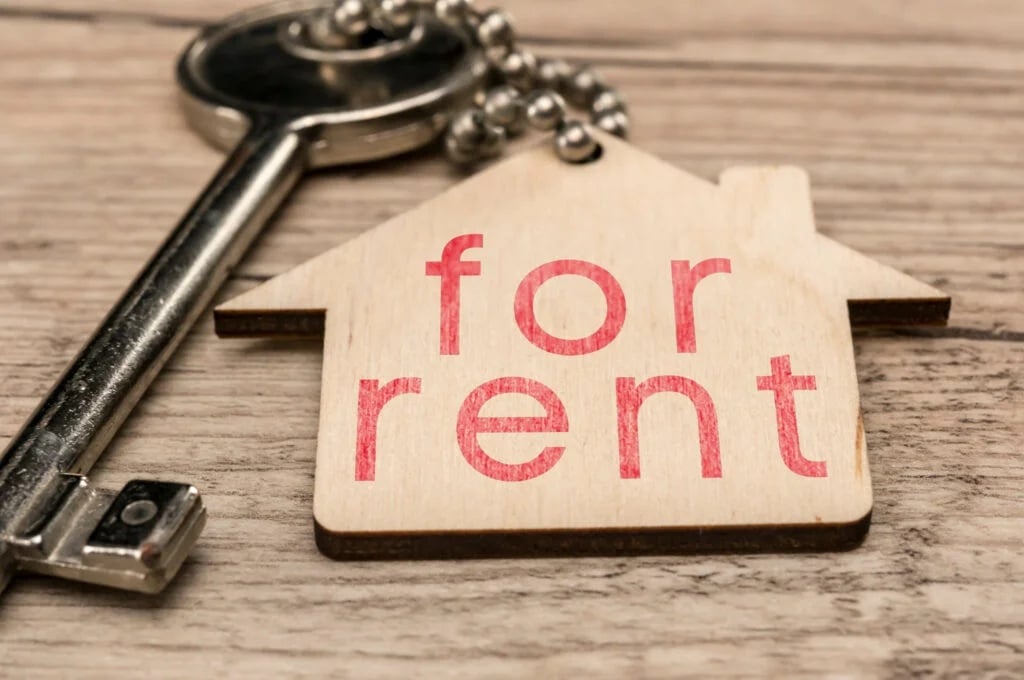
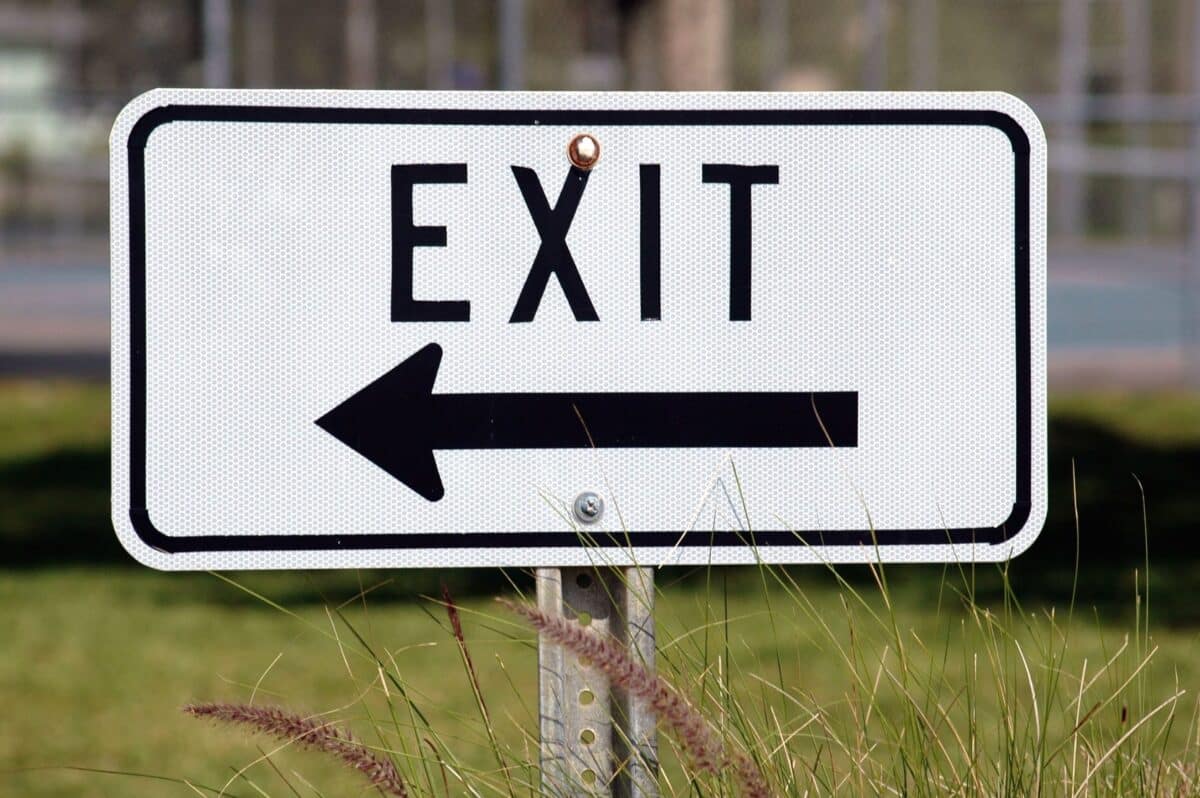

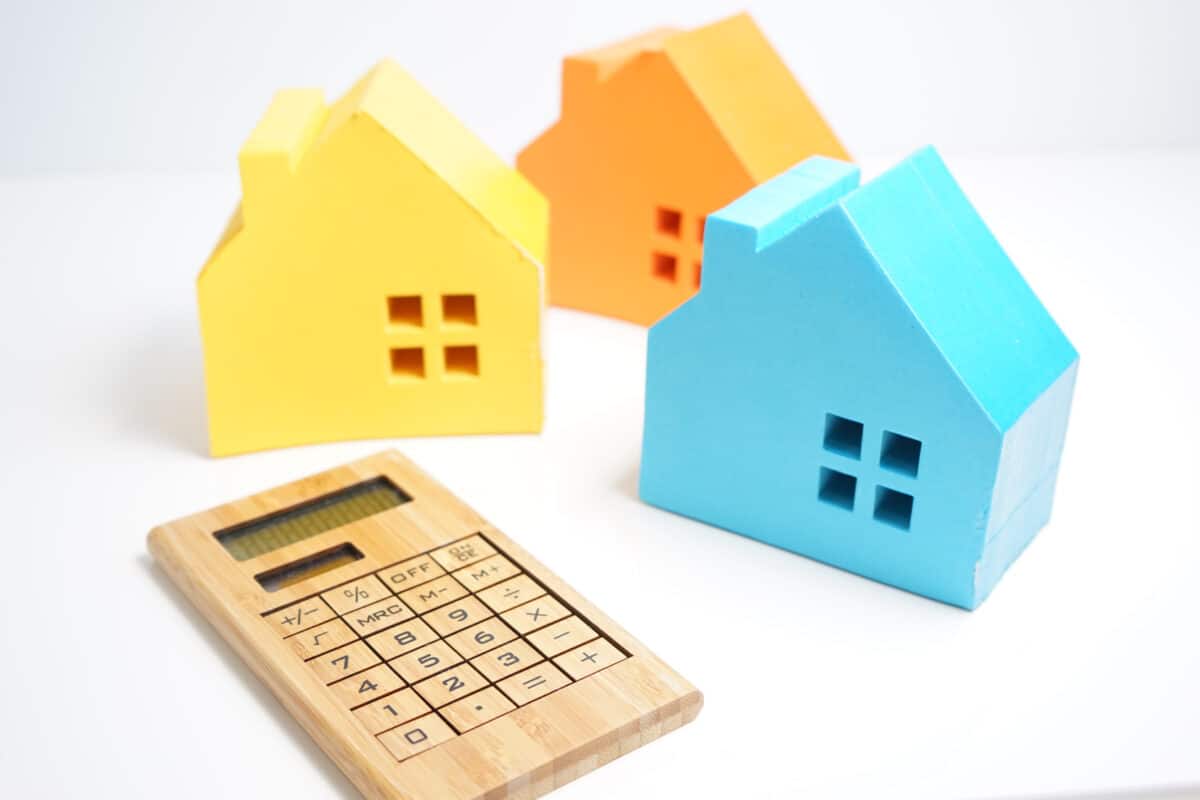
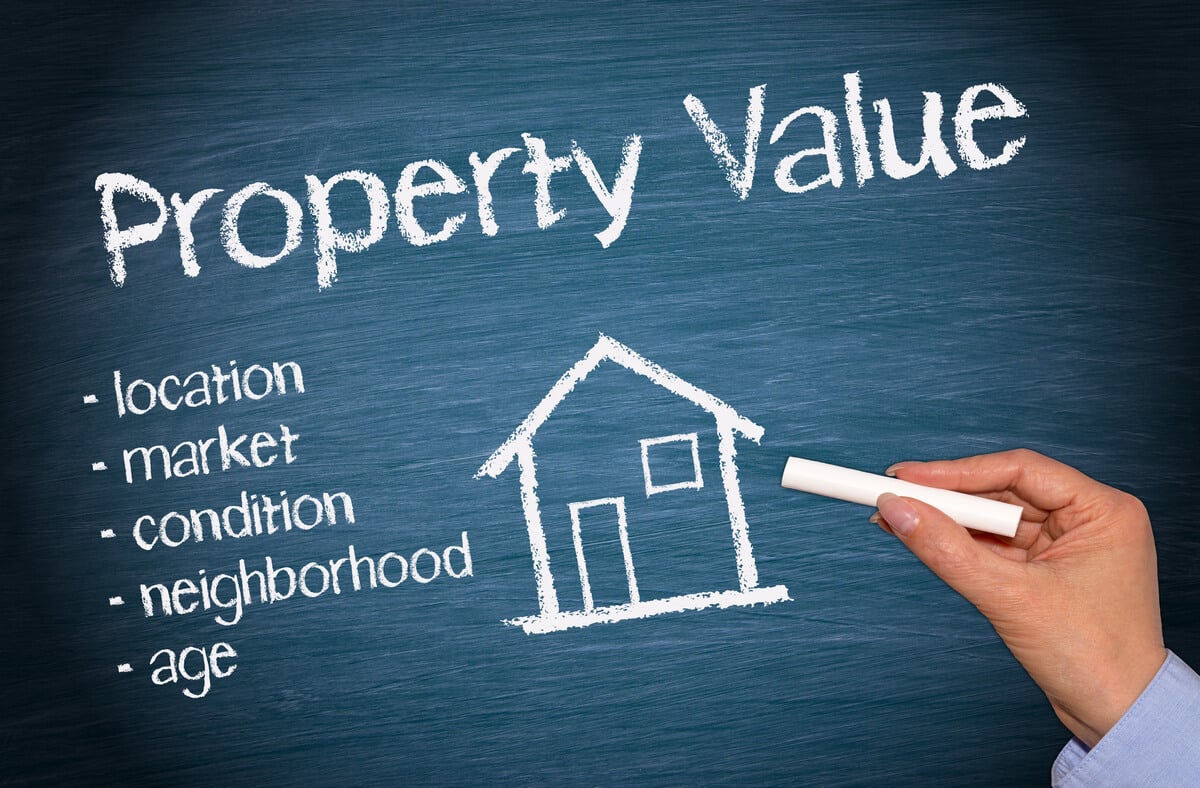










Awards & Achievement










Subscribe for the Latest Condo Deals
Apologies, our subscription list for this month is now full. Please register on our website to secure your spot for next month. Thank you for your interest!

